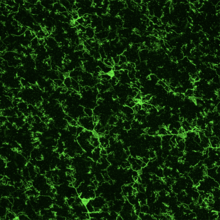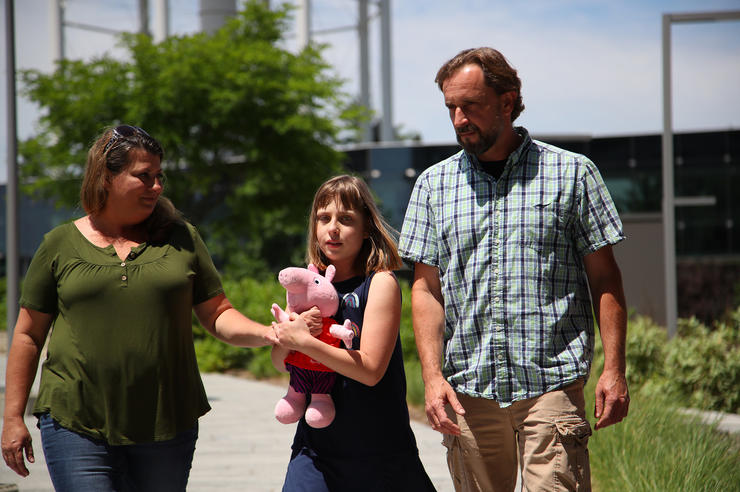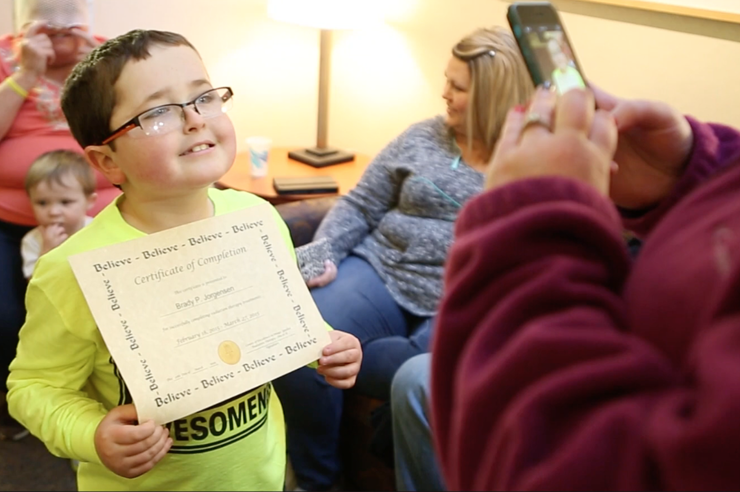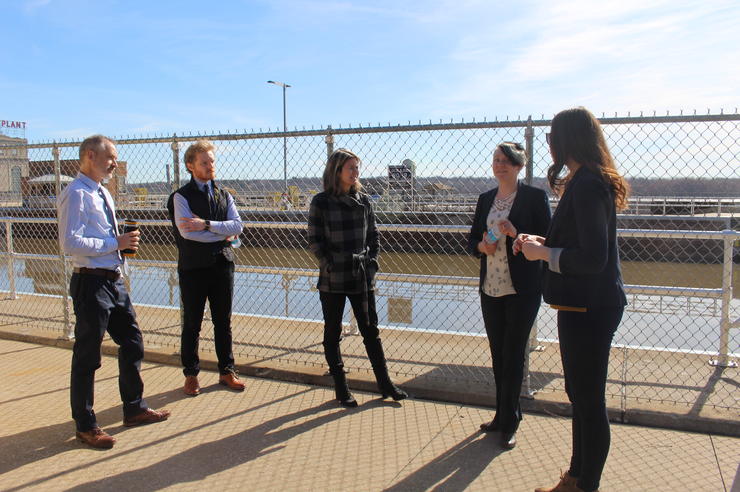From Iowa to Johns Hopkins, via Barcelona
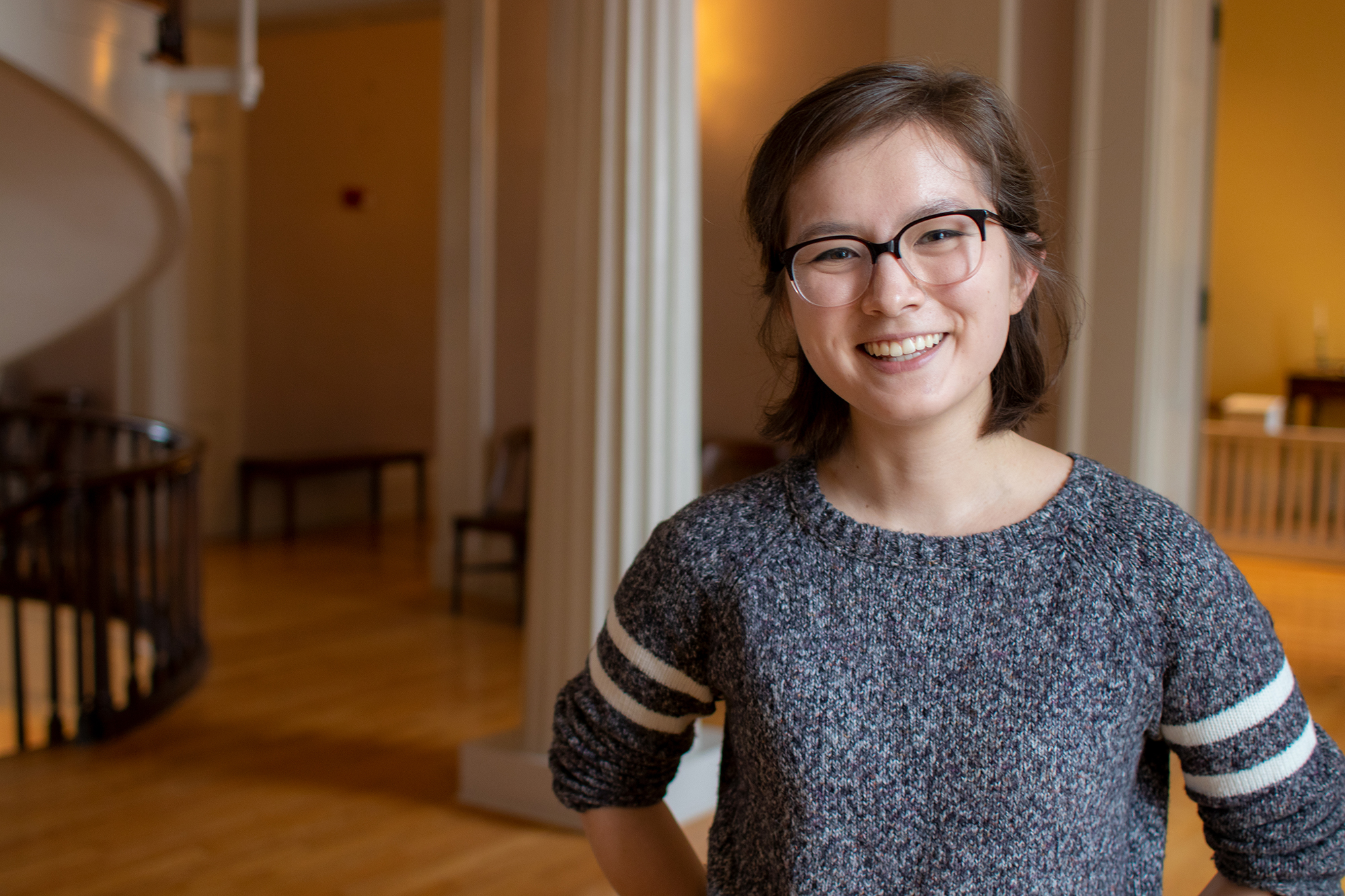
Anya Kim was pretty confident when she walked into a research lab at the University of Barcelona in Spain.
Kim had been selected to spend a year doing research as a Fulbright scholar from the University of Iowa. Having earned bachelor’s degrees in biology and Spanish from Iowa in 2018, she figured her Spanish-language abilities and knowledge of a research setting would carry her through with aplomb.
“There was a huge learning curve in the first two months,” says Kim, who is from Indianola, Iowa, one of the host towns for RAGBRAI 2019. “Thanks to what I learned in Spanish classes at Iowa, I was really confident in my reading skills and pretty confident in my writing skills. But as soon as I got thrown into my first lab lunch, everyone was talking over each other, and really fast, too. I probably understood about one out of every ten sentences that everyone was saying. It was rough initially, but at a certain point you get comfortable enough to ask, ‘What does this word mean?’ And people were really nice to help me along.”
Kim adjusted quite well, and has progressed in her research into how immune cells can affect neurodegenerative disorders such as Huntington’s disease and amyotrophic lateral sclerosis (ALS). And, her Spanish has advanced so much that conversationally she’s part of the gang.
“After work, we often go to dinner together, and talk about our lives and our work,” Kim says. “It feels like a family. We buy ice cream for each other.”
Kim won a Fulbright Study/Research Award in Medical Sciences in 2018 and has been working with Professor Manuel Rodríguez Allué and his lab group in the Department of Biomedical Sciences at the University of Barcelona.
Her interest in the human brain comes from both of her parents. Her father was a neurosurgeon, and her mother was a helmet safety instructor who visited schools to stress the importance of wearing helmets when bicycling or riding motorcycles.
“The brain was kind of a big focus in our house,” Kim says with a laugh.
Kim moved to Indianola from Michigan when she was 15 years old, after her father died. The family lived with her mother’s parents on the outskirts of Indianola.
“We lived sandwiched between two corn fields. It was a very idyllic, rural Iowa setting,” she says.
Kim attended Indianola High School and was enamored with science, especially a biomedical engineering class led by Christine Bertsch, who was an engineer before becoming a teacher.
“We would build our own little machines, we would talk about different biomedical innovations, and all the different stuff that was going on in the world of science and technology,” Kim says. “She had a lot of freedom in her class, and it was close to what I experienced in some of my college classes.”
Kim chose Iowa after earning a presidential scholarship and for the university’s proximity to her family and her hometown.
She became involved in research in her first year, hitching on with Michael Dailey, associate professor in the Department of Biology who studies a type of cell in the brain called microglia.
“I met with him, and he was talking about these cells that I had never heard of, and the different roles they played in in the immune system, and I got really excited about it.”
For the rest of her undergraduate time, Kim worked in Dailey’s lab, studying microglia. Microglia generally protect the brain from invaders like viruses, by targeting and consuming infected cells. More recently, scientists have found that microglia appear also to be involved in making the brain’s circuitry more efficient, by consuming faulty or underused connections between brain cells.
Anya Kim became involved in research in her first year at the University of Iowa, hitching on with Michael Dailey, an associate professor of biology who studies a type of cell in the brain called microglia (seen above).
But with some neurodegenerative disorders, the microglia may be overeating those cellular connections, and thus altering the brain’s efficient operations. Kim is trying to identify genes that may be involved in microglia’s errant behavior.
She has continued that aspect of research in Rodriguez’s lab in Barcelona. Kim says she’s added a few ideas: One is to make three-dimensional reconstructions of synapses and microglia; another is she has been using a specialized program that can take images of microglia and analyze their shape and number of branches to see if the cells look different.
“I’ve written up protocols to use both of these programs that hopefully the lab can continue to use,” Kim says.
Kim is wrapping up her Fulbright scholarship this summer. In the fall, she begins an eight-year journey to earn a joint medical and doctoral degree in the MD/PhD program at Johns Hopkins University in Baltimore.
“My ideal career would be where I work as a clinician, I see patients with a specific disease or set of diseases, learn how that disease affects them, and then study it in the lab as a researcher to try and understand how it works, what is causing it, so we can try to treat it,” Kim says. “It would be something that is full circle.”
She says the Fulbright program has been a rewarding experience.
“Everyone I’ve met on the Fulbright scholarship has been inspirational. It’s just cool to see so many perspectives, that we all kind of have the same drive. it’s just channeled in different ways.”
Kim is going directly to Baltimore from Barcelona to prepare for school. But she looks forward to returning to Indianola soon.
“It’s a really great town, and my one of my favorite parts of it is our National Balloon Classic, a festival we have every summer,” she says. “My grandpa has been a balloon pilot since before I was born, and many of my best memories were made when I was helping him crew his balloon with the rest of my family and our friends.”
